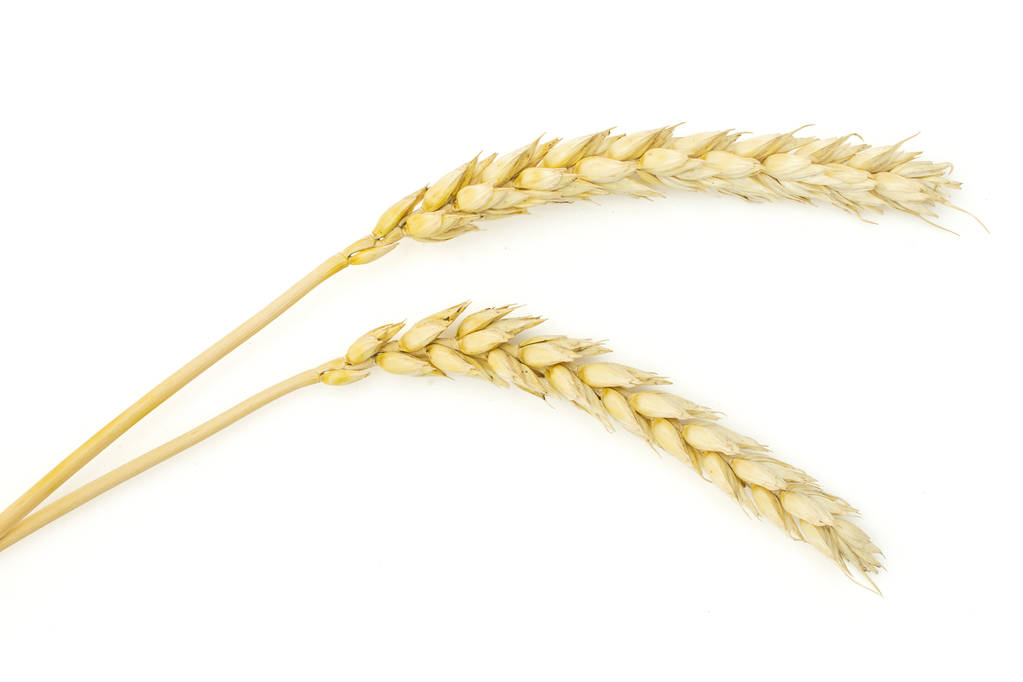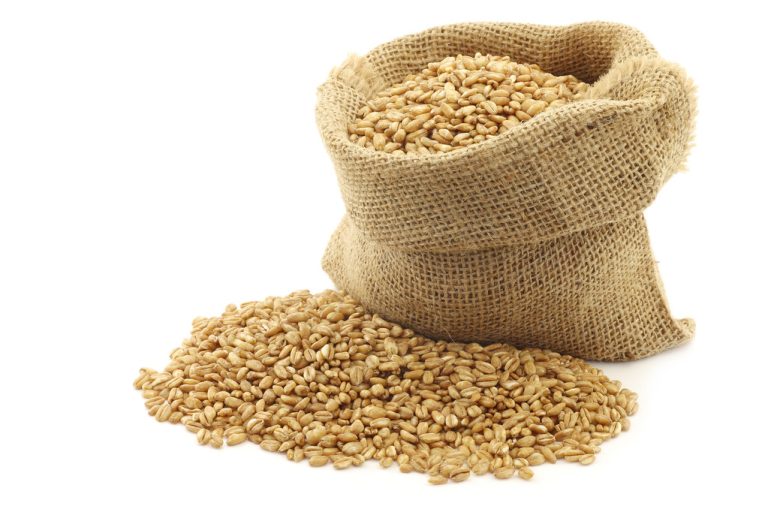Thousands of years ago, our ancestors valued einkorn for its nutritious properties. Find out here what special features the grain has and why it is so healthy.
What is einkorn?
Like emmer and spelt, einkorn is one of the ancient grains. It rightly bears this name, since einkorn was used as a food in Asia 7,000 to 10,000 years ago. From there it came to Europe and became an important food here for a long time. However, since it is not as productive as wheat, it was less and less cultivated until it was almost completely forgotten.
Now, however, the grain is making a comeback. It is not only its health benefits that put einkorn back in the limelight, but also its suitability for organic cultivation. Since it is very resistant to pests, there is no need to use chemicals to keep them away. In addition, einkorn is relatively undemanding and grows on rather poor soil without artificial fertilizers.
Today, einkorn is once again being cultivated in some European countries, such as Germany, Austria, Italy and Turkey. Incidentally, the ancient grain bears the name “Einkorn” because only a single grain grows from each spindle on its ears – in contrast to most other types of grain.
What makes einkorn so healthy?
Einkorn is considered a healthy alternative to wheat because it contains significantly more micronutrients. For example, it is rich in minerals and trace elements such as magnesium, copper, manganese, zinc and iron. It also contains many essential amino acids and, like all whole grain products, valuable fiber.
Einkorn is also easy to digest and can therefore be eaten as part of a light diet. For people with a wheat allergy, the grain may be a good alternative.
The ancient grain owes its slightly yellowish color to its high beta-carotene content. Einkorn is said to have the highest carotene content of all types of grain. On the one hand, beta-carotene is converted into vitamin A in the body and as such fulfills vital functions. However, it also acts as an antioxidant against excessive levels of free radicals in the body.

What is einkorn used for?
Einkorn has a slightly nutty and sweet aroma. Many baked goods and pasta made from einkorn, such as bread, pasta or cakes, are now available, especially in organic shops and health food stores. However, you can also just buy it as flour and get creative in the kitchen yourself!
If your morning porridge is too boring for you, you can use einkorn semolina to make an equally delicious and nutritious breakfast porridge. You can also refine salads and Buddha bowls with sprouted einkorn.

